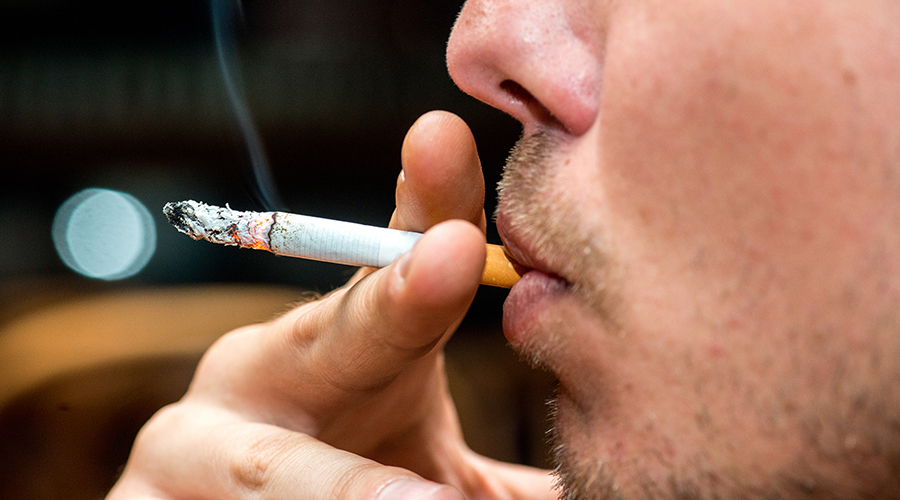

The health risks of smoking tobacco are widely known and several types of cancers are among the deadliest harmful effects of smoking. But did you know that smoking tobacco can also compromise your immune system in the long run? According to the Centers for Disease Control and Prevention, smoking tobacco can disrupt the balance or equilibrium of the immune system. Read on to learn more about what is smoking and its side effects.
Harmful Effects of Smoking
There are 3 other ways in which the side effects of smoking tobacco can harm your immunity.
1. Higher Susceptibility to Infections
A compromised immune system is one of the many harmful side effects of cigarette smoking. Studies have found that not just smoking tobacco but merely being exposed to tobacco smoke can increase your risk of contracting viral and bacterial infections. Tobacco affects the ability of your immune system to fight certain bacteria that cause diseases like tuberculosis, pneumonia, bacterial vaginosis, Legionnaires disease, as well as sexually transmitted diseases (STDs) like chlamydia, gonorrhoea, etc.
Tobacco harmful effects include reduction in the strength of the immune system in the long run, these types of bacterial infections may be contracted more easily in a person who smokes regularly. This happens because the smoke from tobacco affects the potency of antibodies like leukocytes that are responsible for antibacterial action in your immune system. When this happens, the different types of leukocytes like monocytes, neutrophils, T Cells, and B Cells are no longer able to ward off the aforementioned bacteria. Therefore, you should get rid of this unhealthy lifestyle habit to avoid the effects of smoking.
2. Illnesses are Severe and Last Longer
According to the World Health Organization (WHO), tobacco affects the severity of upper, middle, and lower respiratory diseases. Recent studies conducted by the WHO in 2020 found that tobacco harmful effects include increased severity of infections like COVID-19 wherein it may become difficult to treat even with appropriate medication. This is because smoking tobacco regularly reduces lung functions and therefore a person affected with COVID-19 may not be able to recuperate from it.
The WHO also suggests that quitting tobacco can restore lung capacity and regular respiratory functioning but the positive effects of this may take up to 9 months to develop. Therefore, it is recommended to begin the journey of quitting tobacco as soon as possible since the effects of smoking can be fatal.
3. Lower Levels of Antioxidants in the Blood
A study conducted on former smokers has revealed that the blood of both smokers as well as veteran smokers has a lower concentration of antioxidants. This research also states that their blood generally contains higher levels of oxidised lipid concentration. This is one of the deadliest effects of smoking tobacco because it causes excessive oxidative stress which can lead to swelling or inflammation inside the blood vessels, exacerbating altered immune responses and may cause additional health complications.
This kind of swelling can also cause Atherosclerosis – a condition that ultimately leads to other cardiac diseases. This is one of the long-term effects of tobacco on the immune system that smoking may increase pathological immune response and reduce the normal defensive function.
Conclusion
While smokers may be alarmed at these 3 effects of smoking on their immune system, the aforementioned effects are relevant for non-smokers as well. This is because second and third-hand smoke is becoming increasingly prevalent everywhere around us and side effects of smoking are beginning to surface even in non-smokers. Therefore, to protect yourself and those around you, it is best to begin on a journey to gradually quit this self-destructive habit.




